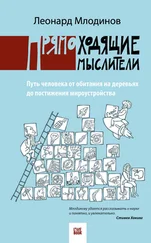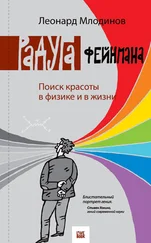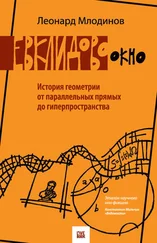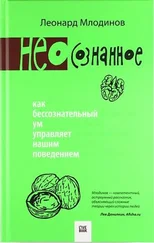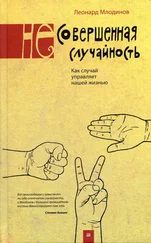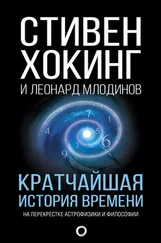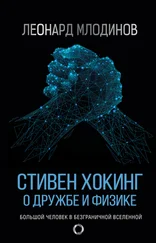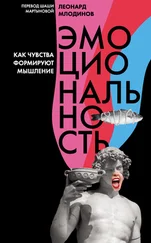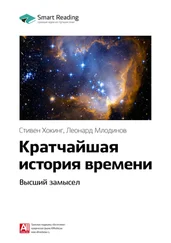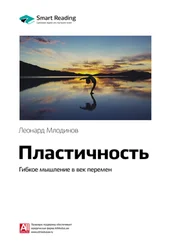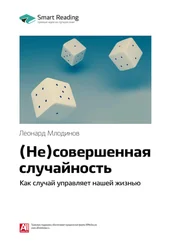Russell B. Clayton et al., “The Extended iSelf: The Impact of iPhone Separation on Cognition, Emotion, and Physiology”, Journal of Computer-Mediated Communication 20, № 2 (2015): 119–135.
Emily Sohn, “I’m a Smartphone Addict, but I Decided to Detox”, Washington Post, 8 февраля 2016 г.
C. Shawn Green, Daphne Bavelier, “The Cognitive Neuroscience of Video Games”, в: Digital Media: Transformations in Human Communication, сост. Paul Messaris, Lee Humphreys (Нью-Йорк: Peter Lang, 2006), 211–223. См. также: Shaowen Bao et al., “Cortical Remodelling Induced by Activity of Ventral Tegmental Dopamine Neurons”, Nature 412 (2001): 79–83.
Marc G. Berman et al., “The Cognitive Benefits of Interacting with Nature”, Psychological Science 19 (2008): 1207–1212.
Joseph R. Cohen, Joseph R. Ferrari, “Take Some Time to Think This Over: The Relation Between Rumination, Indecision, and Creativity”, Creativity Research Journal 22 (2010): 68–73.
Giorgio Vasari, The Lives of the Artists (Оксфорд, Великобритания: Oxford University Press, 1991), 290. [Здесь и далее пер. А. Габричевского. – Примеч. перев. ]
Подробнее историю Лоу см.: Craig Nelson, The First Heroes: The Extraordinary Story of the Doolittle Raid – America’s First World War II Victory (Нью-Йорк: Penguin, 2003); Carroll V. Glines, The Doolittle Raid (Этглен, Пенсильвания: Schiffer Military/Aviation History, 1991), 13; Don M. Tow, “The Doolittle Raid: Mission Impossible and Its Impact on the U.S. and China”, http://www.dontow.com/2012/03/the-doolittle-raid-mission-impossible-and-its-impact-on-the-u-s-and-china; Kirk Johnson, “Raiding Japan on Fumes in 1942, and Surviving to Tell How Fliers Did It”, New York Times, 1 февраля 2014 г.
John Keegan, The Second World War (Нью-Йорк: Penguin, 2005), 275.
Glines, Doolittle Raid, 15.
Подробнее историю Сперри см.: R. W. Sperry, “Roger W. Sperry Nobel Lecture, 8 December 1981”, Nobel Lectures, Physiology or Medicine 1990 (1981); Norman Horowitz et al., “Roger Sperry, 1914–1994”, Engineering & Science (лето 1994 г.): 31–38; Robert Doty, “Physiological Psychologist Roger Wolcott Sperry 1913–1994”, APS Observer (июль-август 1994 г.): 34–35; Nicholas Wade, “Roger Sperry, a Nobel Winner for Brain Studies, Dies at 80”, New York Times, 20 апреля 1994 г.
Sperry, Nobel Lecture, Nobelprize.org, 8 декабря 1981 г.
R. W. Sperry, “Cerebral Organization and Behavior”, Science 133 (2 июня 1961 г.): 1749–1757.
Там же.
Там же.
Ivan Oransky, “Joseph Bogen”, The Lancet 365 (2005): 1922.
Deepak Chopra, Leonard Mlodinow, War of the Worldviews (Нью-Йорк: Harmony, 2011): 179–180.
«Дух бодр, плоть же немощна» (Мф. 26:41)… «Водка крепка, а мясо протухло».
«Star Trek: The Next Generation» (1987–1994) – второй американский телесериал, действие которого разворачивается во Вселенной Звездного пути.
Джон Куниос, из беседы с автором 23 февраля 2015 г.
Марк Бимен, из беседы с автором 23 февраля 2015 г.
Конан Кристофер О’Брайен (род. 1963) – американский комик с ирландскими корнями, телеведущий, сценарист. Кристофер Морис «Крис» Браун (род. 1989) – американский рэп-, хип-хоп- и ритм-н-блюзовый музыкант, актер.
Conan, TBS, 16 марта 2015 г.
E. M. Bowden, M. J. Beeman, “Getting the Idea Right: Semantic Activation in the Right Hemisphere May Help Solve Insight Problems”, Psychological Science 9 (1998): 435–440.
RAT – Remote Association Test. По-англ. «rat» – крыса.
Compound Remote Associate Problems (CRAP). Слово «grap» по-англ. – дерьмо, фуфло, чепуха.
Русскоязычный эквивалент этого теста предполагает свободу грамматических форм всех участвующих слов и не требует, чтобы слово-ключ присоединялось к исходным словам и образовывало с ними сложносоставные, поэтому решение всей задачи, приводимое далее, действительно только в английском языке (очевидно, словосочетание «мясной соус» в русском языке совершенно обыденно, например).
Котлета из крабового мяса ( англ .), букв. «крабовый пирог».
Образуются слова pineapple (ананас, англ .), crabapple (яблоко-дичок, англ .), applesauce (яблочный соус, а также чушь, лесть или враки, англ .).
Mark Jung-Beeman et al., “Neural Activity When People Solve Verbal Problems with Insight”, PLOS Biology 2 (апрель 2004 г.): 500–507.
Simon Moss, “Anterior Cingulate Cortex”, Sicotests, http://www.psych-it.com.au/Psychlopedia/article.asp?id=263; Carola Salvi et al., “Sudden Insight Is Associated with Shutting Out Visual Inputs”, Psychonomic Bulletin and Review 22, № 6 (декабрь 2015 г.): 1814–1819; John Kounios, Mark Beeman, “The Cognitive Neuroscience of Insight”, Annual Review of Psychology 65 (2014): 1–23.
John Kounios, Mark Beeman, The Eureka Factor: Aha Moments, Creative Insight, and the Brain (Нью-Йорк: Random House, 2015), 195–196.
Lorenza S. Colzato et al., “Meditate to Create: The Impact of Focused-Attention and Open-Monitoring Training on Convergent and Divergent Thinking”, Frontiers in Psychology 3 (2012): 116.
Richard Chambers et al., “The Impact of Intensive Mindfulness Training on Attentional Control, Cognitive Style, and Affect”, Cognitive Therapy and Research 32 (2008): 303–322.
J. Meyers-Levy, R. Zhou, “The Influence of Ceiling Height: The Effect of Priming on the Type of Processing That People Use”, Journal of Consumer Research 34 (2007): 1741–1786.
R. L. Dominowski, P. Dollob, “Insight and Problem Solving”, в: The Nature of Insight, сост. R. J. Sternberg, J. E. Davidson (Кембридж, Массачусетс: MIT Press, 1995), 33–62.
Читать дальше
Конец ознакомительного отрывка
Купить книгу
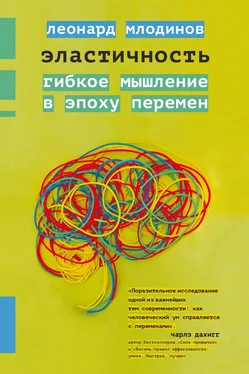
![Дэниел Левитин - Путеводитель по лжи [Критическое мышление в эпоху постправды]](/books/32822/deniel-levitin-putevoditel-po-lzhi-kriticheskoe-my-thumb.webp)
